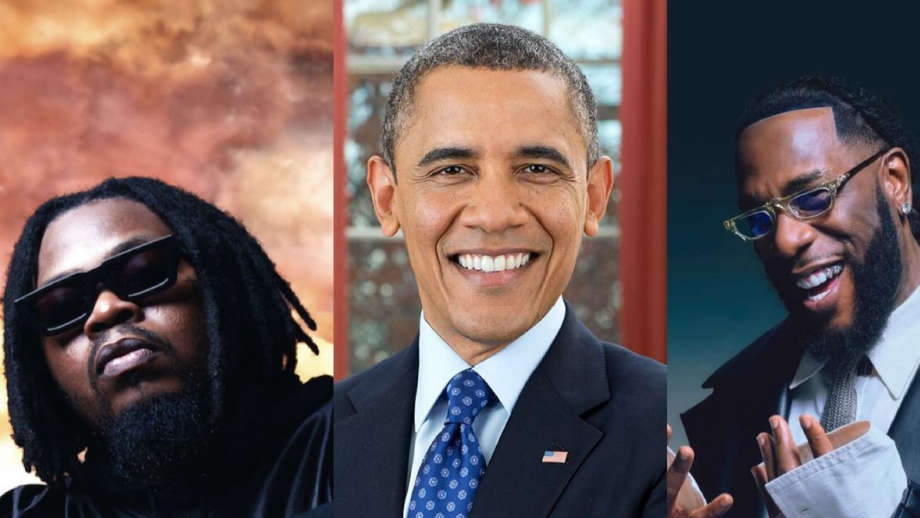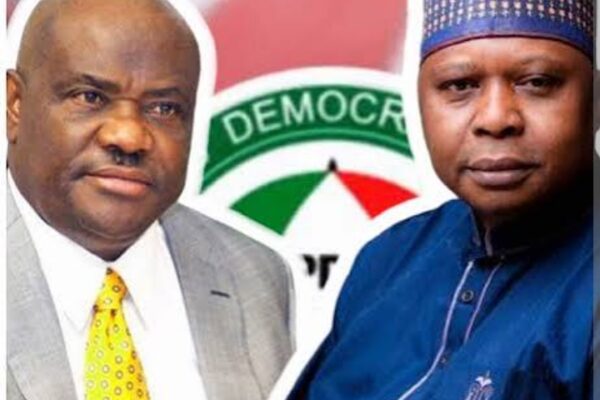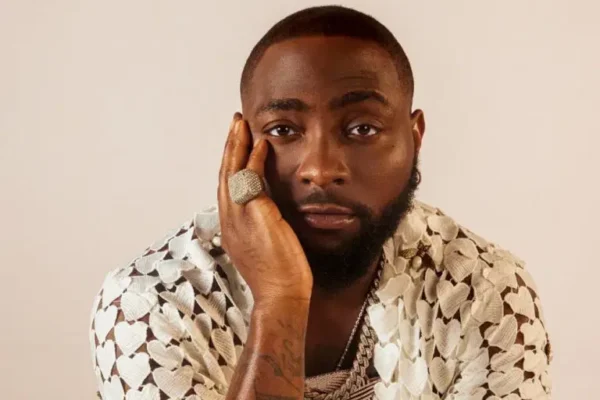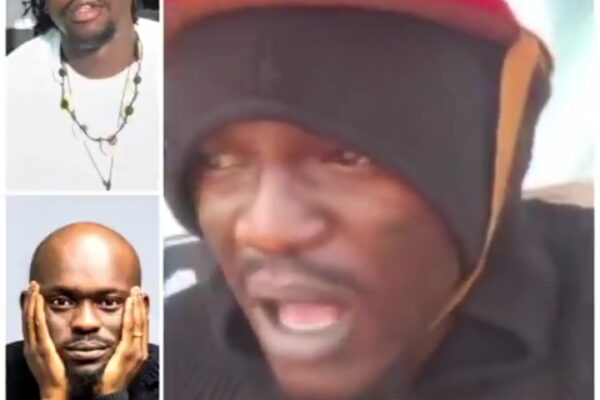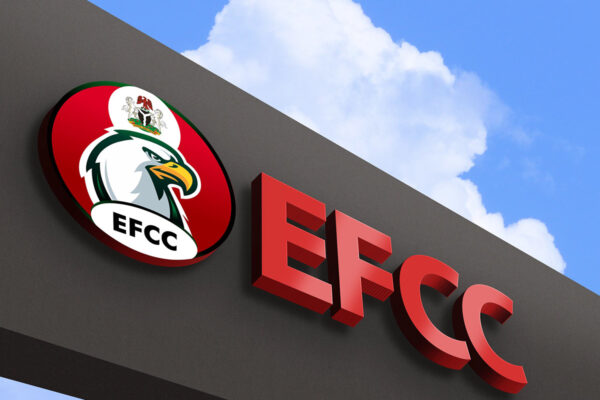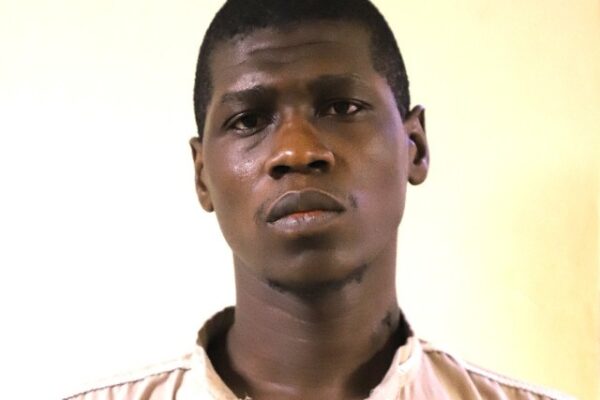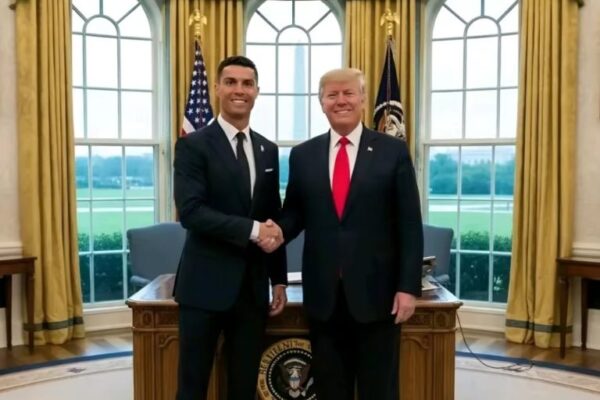An operative of the Economic and Financial Crimes Commission (EFCC), Kazeem Yusuf, on Tuesday told the High Court of the Federal Capital Territory (FCT) that the sum of N4.6 billion from the Office of the National Security Adviser (ONSA), meant for the supply of security equipment, was diverted to sponsor pilgrimage to Makkah, the 2015 People’s Democratic Party (PDP) rallies and presidential election, among other uses. Yusuf stated this at the resumed hearing in the ongoing trial of a former Minister of State for Finance, Ambassador Bashir Yuguda; a former National Security Adviser (NSA), Colonel Mohammed Sambo Dasuki (retd); former governor Attahiru Bafarawa of Sokoto; his son, Sagir Attahiru; and a company, Dalhatu Investment Limited, owned by the former governor and his son, before Justice Yusuf Halilu, sitting in Maitama, Abuja. The defendants are being prosecuted by the EFCC, on behalf of the Federal Government, on an amended 25-count charge bordering on misappropriation, criminal breach of trust and receiving stolen property. Led in evidence-in-chief by the prosecuting counsel, Rotimi Jacobs SAN, Yusuf told the court that investigations revealed that while contracts awarded by ONSA for the purchase of security equipment were not executed, the N4.6 billion involved was diverted to other uses. “Investigation revealed that the contracts were for the supply of security equipment. Responses from the Office of the National Security Adviser also showed that the contracts were for security purposes. “Further investigation also showed that the money (N4.6 billion) was not used for the purpose; it was diverted to other uses. “Investigation also showed from a letter from the Office of the National Security Adviser that the contracts were never executed,” the PW2 told the court. He said that when he commenced the investigation and asked the fourth defendant, Sagir Bafarawa, how the money received was spent, Sagir brought a list of expenditures to the commission. According to the PW2, “When I commenced investigation, Sagir brought a list of what he spent the money on. Some of them include payment for pilgrimage to Makkah, organisation of People’s Democratic Party rallies. “Others also include payment of monies to security agencies for monitoring elections, payment for the (2015) presidential election and other political activities.” Asked to read from the United Bank for Africa (UBA) and Guaranty Trust Bank account statements tendered before the court, the witness informed the court that money was transferred to some beneficiaries. He mentioned some of the beneficiaries to include Sheikh AbdurRahman Al-Sudais Foundation, which he said belonged to former governor Bafarawa, its chairman. The Foundation, he said, received the sum of N500 million. The PW2 also mentioned the 2015 PDP gubernatorial candidate in Sokoto State, Abdallah Wali, who received the sum of N580 million for the election through a company. At the end of Yusuf’s testimony, based on consensus, Justice Yusuf adjourned the case to 9–10 December for cross-examination of the PW2 by the defence counsel.


